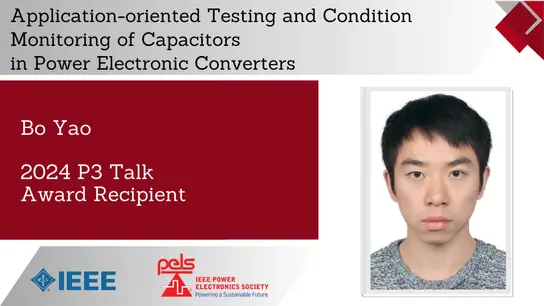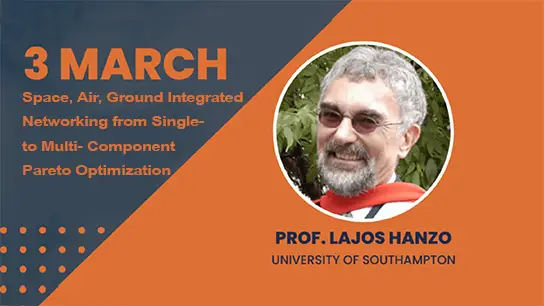PANEL: Everything, Everywhere, All at Once: Al Disruption, ethics, and innovation
Olga Scrivner, Rose-Hulman Institute of Technology;James Scrirvner,Scrivner Solutions, Inc.; Steve Chenoweth, Rose-Hulman Inst. of Technology; Jordan Thayer, SEP;
-
Members: FreeCIS
IEEE Members: Free
Non-members: FreeLength: 01:01:00
05 Jun 2023
Olga Scrivner, Rose-Hulman Institute of Technology;James Scrirvner,Scrivner Solutions, Inc.; Steve Chenoweth, Rose-Hulman Inst. of Technology; Jordan Thayer, SEP;
ABSTRACT: To disrupt something is to disturb the normal flow of an activity or process. While in our personal lives, we generally abhor disruption, in the business world disruption is viewed as being a positive change, forcing us to abandon the status quo for a new better way of doing things. Only a few technologies have been as disruptive, both to our private lives and the business world, as Artificial Intelligence (AI). Human coexistence with AI has been seen as a “friend” or “foe”. However, with the omnipresence of AI-powered applications and their increasing accessibility and efficiency, more humans start relying on AI decisions in their daily tasks. These “black box” solutions are often believed to be mathematically pure, and thus unbiased, leading to ethical and societal implications, even reinforcing socio-cognitive fallacies. Bias creeps into these systems through their inputs, design, how they are used, and how the output is perceived by the users. Can the average developer or annotator, ensconced in their cube, going about their quotidian niche work in an organization, imagine all the perspectives needed to predict an ethical conflict resulting from that work, such as a user querying ChatGPT for “Build a marketplace on the dark web”? What are the moral obligations of an engineer building an automated system? How can we better equip students, practitioners, and business leaders to understand and discuss not only the business impacts of the technologies they build or use but also their societal impacts? How do we ensure that new technologies help us mitigate biases and differences in ability rather than exacerbating them? Our diverse panel of industry and academic experts will address these questions by telling stories from their personal experiences and discussing those experiences with each other and the audience. The panel will present the following topics for discussion:
- Disruption of Ethics Norms in Software Engineering
- Biases and Stereotypes Amplified Through AI
- Consequences of AI Gap for Small/Medium Businesses
- Trust and Fear in Front of AI Innovative Technology


